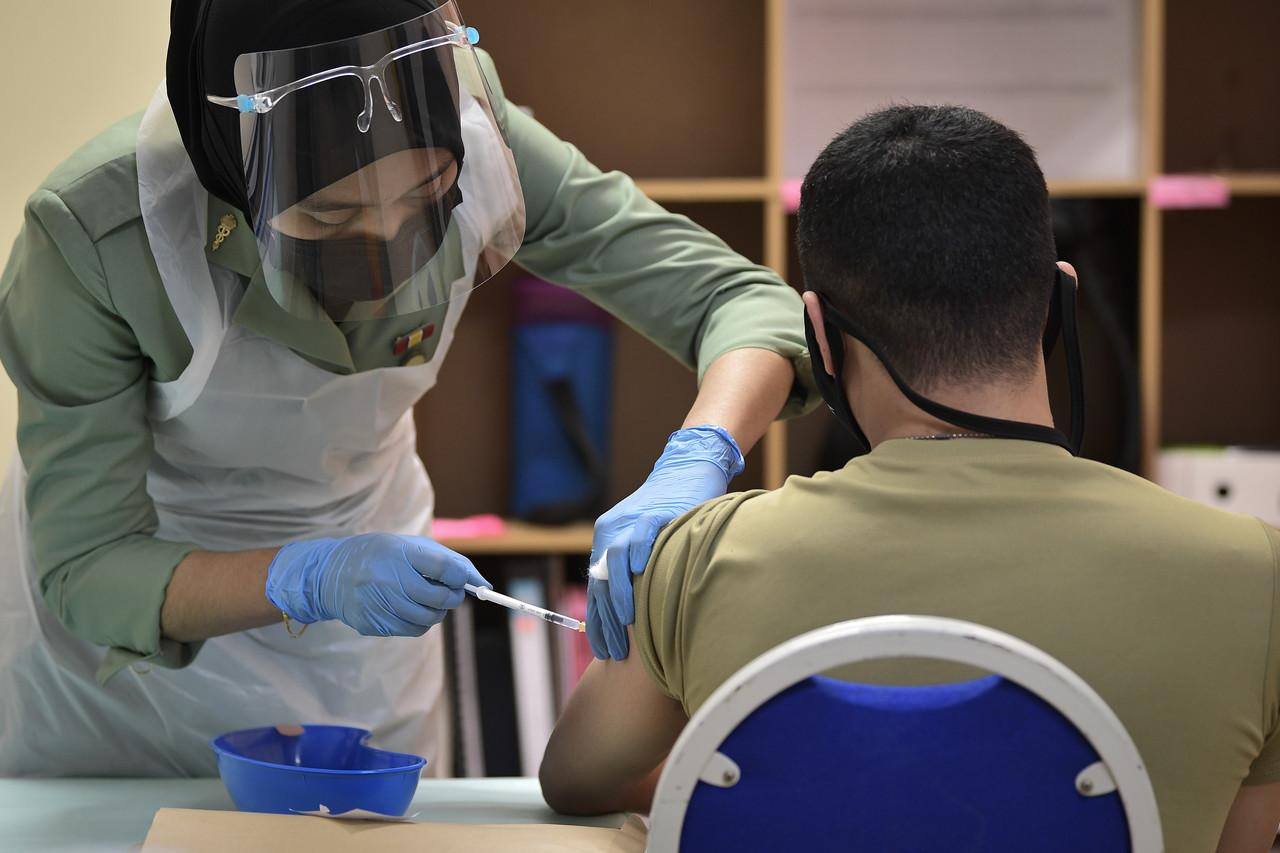Too soon to say if Covid-19 jabs could allow immunity passports, says Noor Hisham
The health DG says other factors including the efficacy of the vaccines administered need to be taken into consideration first.
It is too early to say whether Covid-19 vaccination will serve as the basis for an “immunity passport” before one can start moving around freely, says health director-general Dr Noor Hisham Abdullah.
He said the government still needs to look closely into the outcome of the vaccines’ efficacy and safety before it can make any decision on the matter.
“Vaccination delivers hope to every one of us but it’s too early for the government to make any decision on whether vaccination will be our ‘immunity passport’ to travel, around the world for example.
“Let us get the vaccination going and then get it evaluated from time to time,” he said in a pre-recorded speech for a webinar by Newcastle University Medicine Malaysia today.
He was responding to a question by one of the speakers, Dr Paras Doshi, a consultant physician in acute medicine and the president of the Malaysian Advanced Acute Internal Medicine and Ultrasound Society.
Noor Hisham said for a start, the government might look into the possibility of easing Covid-19 restrictions, for example the quarantine requirement, but only if the vaccination programme does well.
He said the government would also need to be sure if a booster is required, and whether immune response would continue after one or two years.
“We need to look at the data… at least eight months or one year to a maximum of two years to show efficacy as well as the safety of vaccine.
“I think there are a lot of questions unanswered at the moment but we hope for the best… but most importantly in this period of time, you still need to comply with all the SOPs although you have been vaccinated,” he added.
In terms of protection, if the internal – vaccines – and the external – obeying SOPs – go hand-in-hand, he said, the health ministry might look into the matter of immunity passports again by holding discussions with its counterparts as well as the World Health Organization.
“On whether we can continue to return back to our normal life before the pandemic, it is something that we hope we can (do), but until we have looked into the success of the vaccination programme, whether it will give us the immunity passport, remains to be seen.
“We need time to adapt into this new environment… we are living in a very tough and challenging time, but more important is that we adapt to this new environment. Until then we cannot return to our normal life,” he said.
Subscribe to our newsletter
To be updated with all the latest news and analyses daily.
